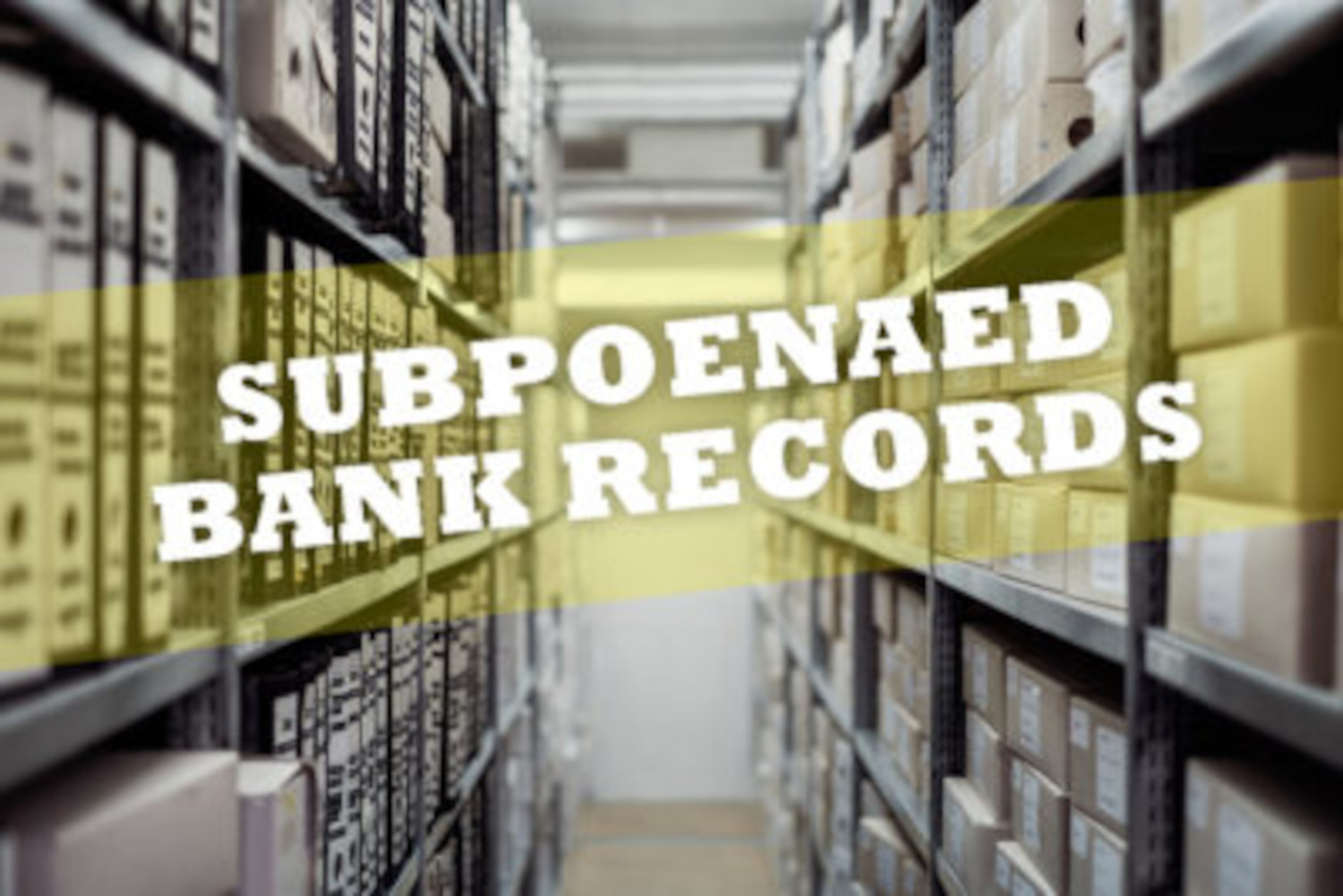You have a claim against a corporation and/or its officers, but you find out that the corporation is dissolved and there is a successor corporation in its place that appears to be essentially the same corporation. Now what? In Bernard v. Kee Mfg. Co., Inc., Florida’s Supreme Court adopted the […]
Banking & Financial Services Industry Legal Blog
Jimerson Birr, P.A. offers clients a customer-focused and cost-effective alternative to larger business law firms.



